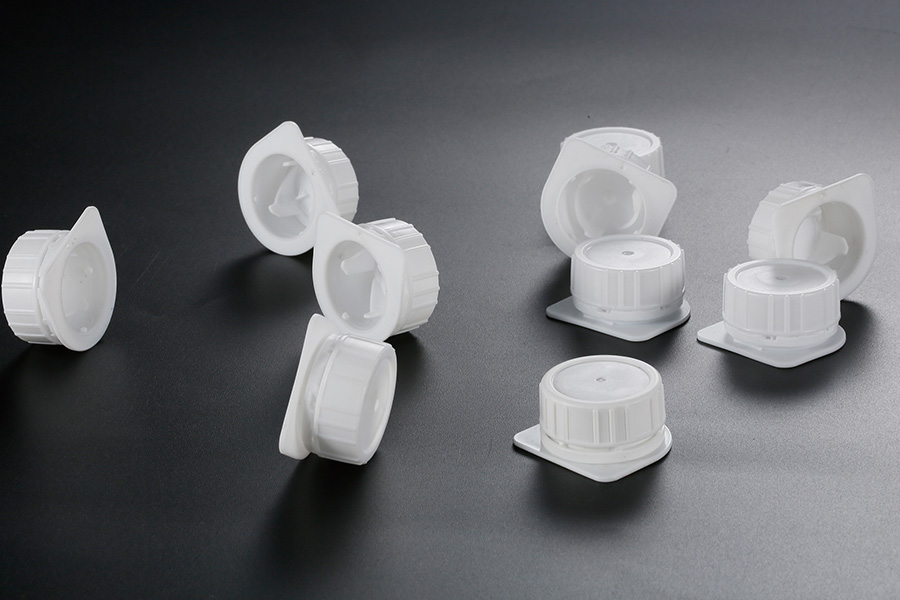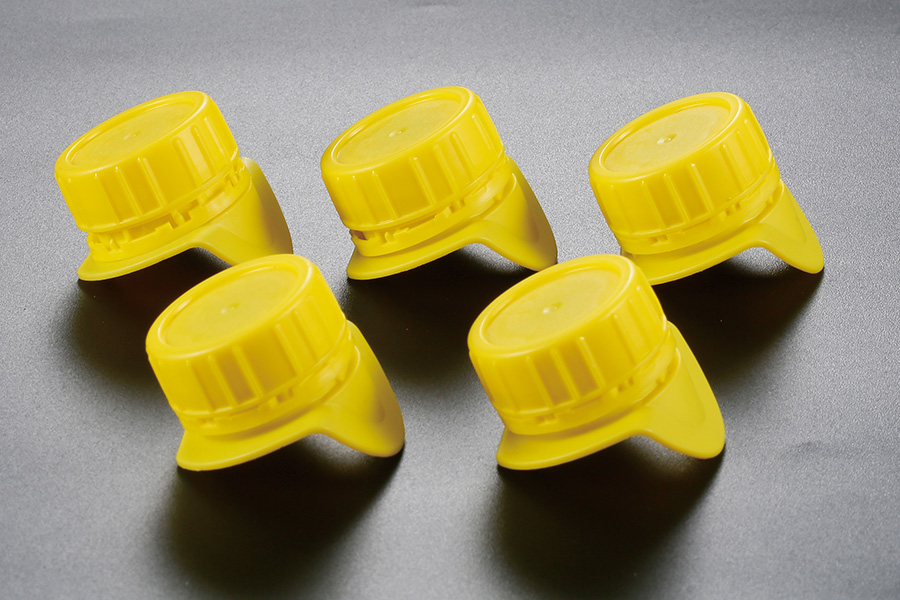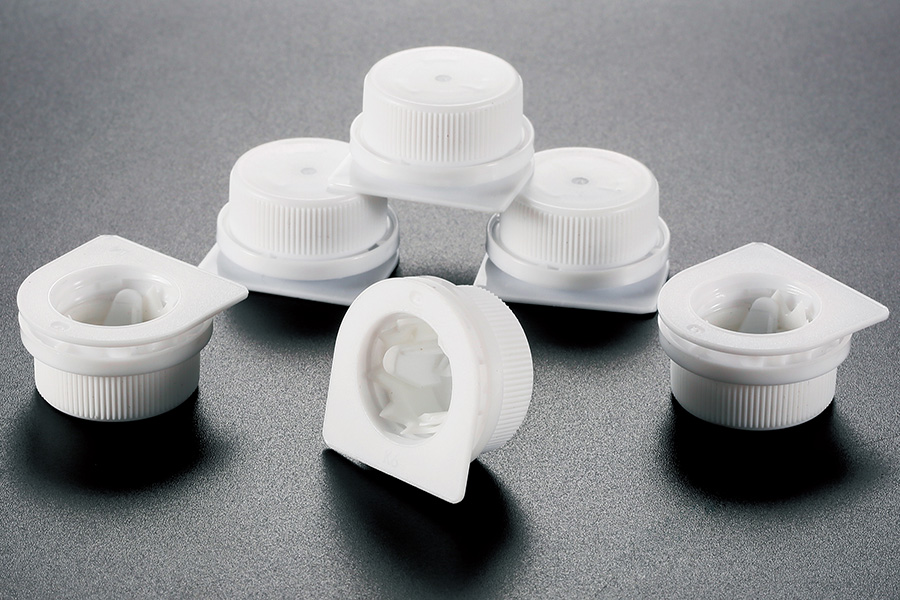Plastic Closure for Liquid products play a vital role in ensuring product safety, freshness, and ease of use. However, traditional materials used in these closures often contribute to plastic waste accumulation, posing significant environmental challenges. By integrating recyclable polymers into the production of industrial packaging caps, manufacturers can offer a more responsible alternative that supports circular economy principles.

One of the primary considerations in designing caps with recyclable polymers is selecting the appropriate material that meets performance and sustainability criteria. Polypropylene (PP) and high-density polyethylene (HDPE) are among the recyclable polymers commonly used for plastic closures for liquid products. These materials provide a balance of durability, chemical resistance, and recyclability, making them suitable choices for various liquid packaging applications.
Using recyclable polymers requires adapting manufacturing processes to accommodate material properties. Injection molding techniques must be optimized to ensure the integrity and consistency of industrial packaging caps made from these polymers. Factors such as melt flow index and thermal stability influence molding parameters, affecting the final quality and usability of the cap. Additionally, designing for recyclability involves less use of additives and colorants that could complicate recycling streams.
In the context of industrial packaging caps, ensuring a tight seal and user-friendly operation is crucial. Caps made from recyclable polymers must provide reliable closure performance to prevent leaks and contamination. This requirement becomes especially significant for plastic closures for liquid products like beverages, chemicals, and pharmaceuticals, where product integrity is paramount. Designers must balance material sustainability with functional attributes such as torque resistance, thread compatibility, and ease of opening.
Another important aspect of designing caps with recyclable polymers is compatibility with recycling infrastructure. Not all polymers are equally recyclable in all regions, and the presence of mixed materials can hinder recycling efficiency. Manufacturers are increasingly focusing on mono-material designs that simplify the recycling process. For example, using a single type of recyclable polymer throughout the cap, including any sealing elements, facilitates sorting and processing at recycling facilities.
Incorporating recyclable polymers into industrial packaging caps also presents opportunities for innovation in product differentiation. While sustainability is a key driver, manufacturers can explore surface textures, shapes, and custom colors within the limits of recyclable materials to meet branding and market demands. These design elements contribute to consumer appeal while supporting the broader goal of environmental responsibility.
The transition to recyclable polymers is not without challenges. Supply chain considerations, cost implications, and technical limitations require careful evaluation. However, the benefits extend beyond environmental impact. Designing caps with recyclable polymers can enhance brand reputation, meet customer expectations, and prepare companies for evolving regulatory landscapes focused on sustainable packaging.
Moreover, consumer education plays a significant role in increasing the effectiveness of recyclable caps. Clear labeling and communication about recyclability encourage proper disposal and recycling practices. When plastic closures for liquid products are designed with recyclable polymers and paired with effective consumer guidance, the overall environmental benefits are amplified.
Collaboration across the supply chain is essential for advancing recyclable polymer use in industrial packaging caps. Material suppliers, manufacturers, brand owners, and recycling entities must work together to develop standards and ideal practices. This integrated approach fosters innovation and scalability, enabling the packaging industry to reduce its ecological footprint responsibly.
In conclusion, designing caps with recyclable polymers represents a strategic and environmentally conscious approach in the packaging sector. Plastic closures for liquid products crafted from recyclable materials combine functionality with sustainability, addressing critical industry challenges. Industrial packaging caps made from recyclable polymers support circular economy goals, regulatory compliance, and consumer preferences. As the industry continues to evolve, embracing recyclable polymer designs will remain a fundamental step toward more sustainable packaging solutions.


 English
English  русский
русский عربى
عربى



